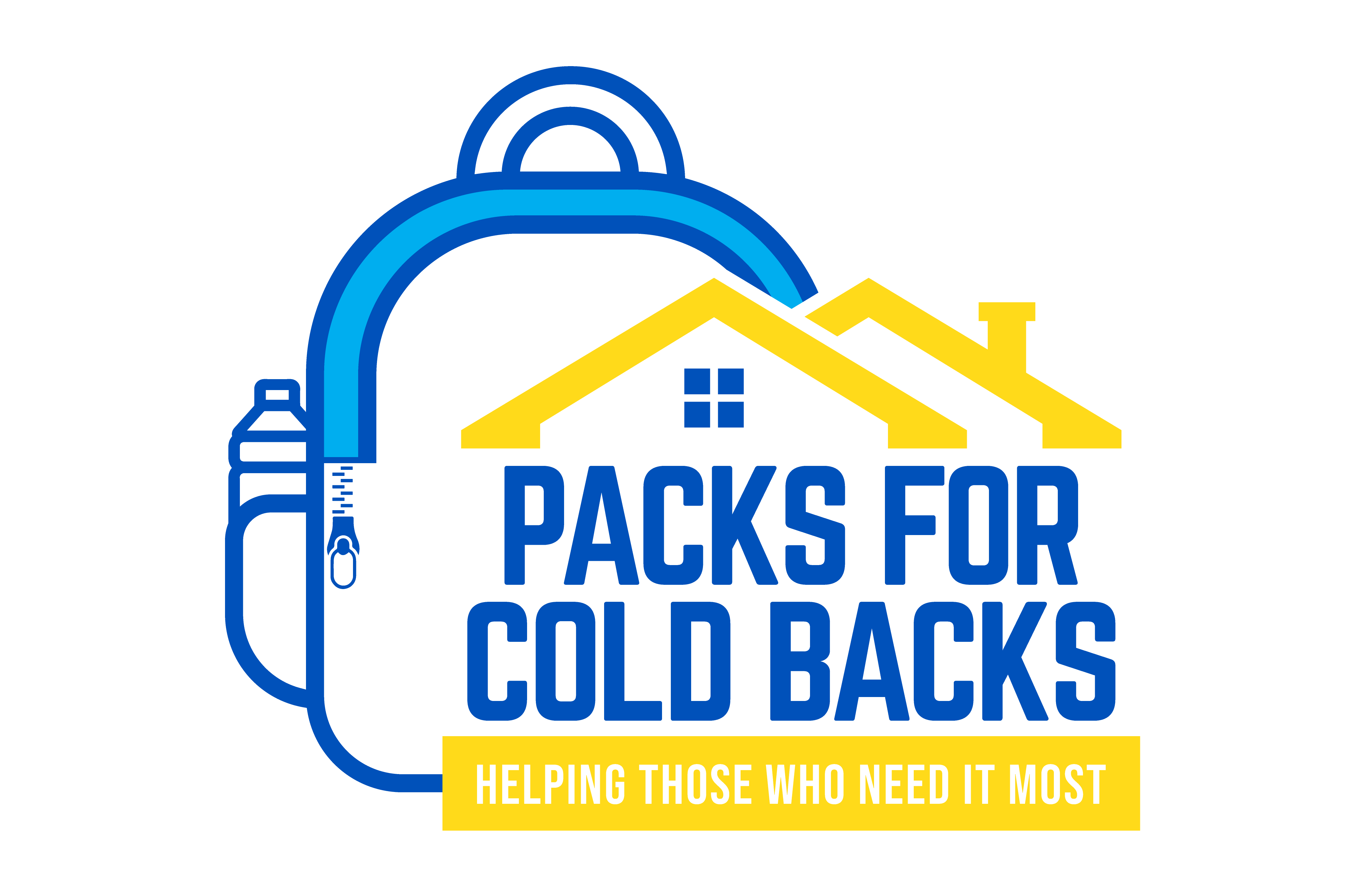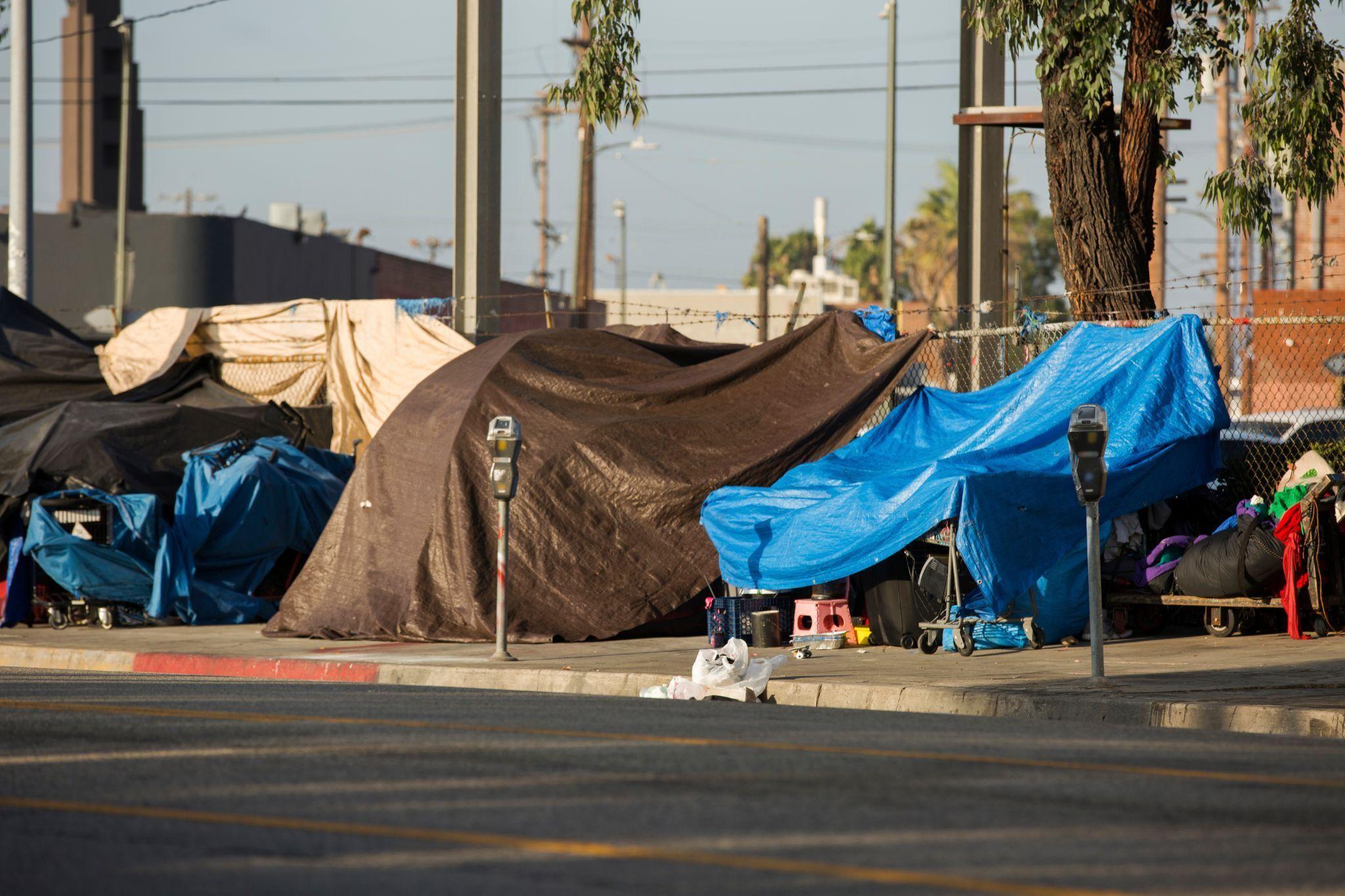The Facts are in the Stats: Sacramento Needs Better Resources for People Experiencing Homelessness
The number of people experiencing homelessness in Sacramento has increased exponentially in recent years. According to Sacramento Steps Forward, over 5,500 people were unhoused on any given day in 2019; the number of people experiencing homelessness increased by an estimated 19% between 2017 and 2019, and more than 11,000 people engaged with the homeless response system in 2020.
Homelessness is an extremely complicated issue with many contributing factors. Often, individuals are not inherently at fault for living without reliable housing. In Sacramento and throughout the United States, homelessness is a systemic issue.
Systemic Factors Contributing to Homelessness in Sacramento
By understanding the systemic issues at play and how they affect people living in Sacramento, policymakers, community leaders, and citizens can work to create a society where everyone is housed.
- Social Impact. According to Homeless Management Information System (HMIS) 2020 data, 35% of participants self-reported mental health illness, substance abuse, intimate partner violence, or loss of support (friends, family, etc.) as their primary reason for being unhoused.
- Rental Market. Sacramento has a competitive rental market and a low vacancy rate, which makes it very difficult to find housing, let alone affordable housing. Vacancy rates declined from 6.5% to 2.5% in the last 10 years.
- Wage & Rent Prices. The state minimum wage in California is $14.00/hour and the Fair Market rent price for a 1-bedroom apartment is $1,188. This means that an individual would have to work 65 hours per week to afford a 1-bedroom apartment on a minimum wage salary.
- Affordable Housing. Sacramento needs over 35,000 units of affordable housing over the next eight years to meet the needs of very low to low-income individuals.
- Racial Inequity. Black/African American individuals are three times as likely to experience homelessness and American Indian/Alaskan Native people are four times as likely to be unhoused (when compared to their white counterparts).
Some of these systemic factors, like the minimum wage and the amount of available affordable housing, are issues that must be addressed by our government. As a community, we can be sure that everyone had a fair chance of success by voting intentionally.
We as a community can work together to address the other systemic issues. Being kind and compassionate to everyone we meet is just as important as supporting systems that aim to support people experiencing homelessness.
Working Together to End Homelessness in Sacramento
Of the 11,000+ people who engaged with the homeless response system in 2020, 2,761 people achieved permanent housing and became independent.
The homeless response system helps unhoused people by providing emergency shelter, transitional housing, rapid rehousing, and permanent supportive rehousing. The system has 10 organizations that work together to perform street outreach and find candidates for housing assistance.
Packs for Cold Backs
Packs for Cold Backs is a non-profit organization with a full-service housing placement program in Sacramento. Their staff and volunteers meet unhoused people on the streets to find people who need the support Packs for Cold Backs offers. The individuals who work with Packs for Cold Backs help people experiencing homelessness achieve their goals of finding employment, renting an apartment, and living safely under their own roof.




